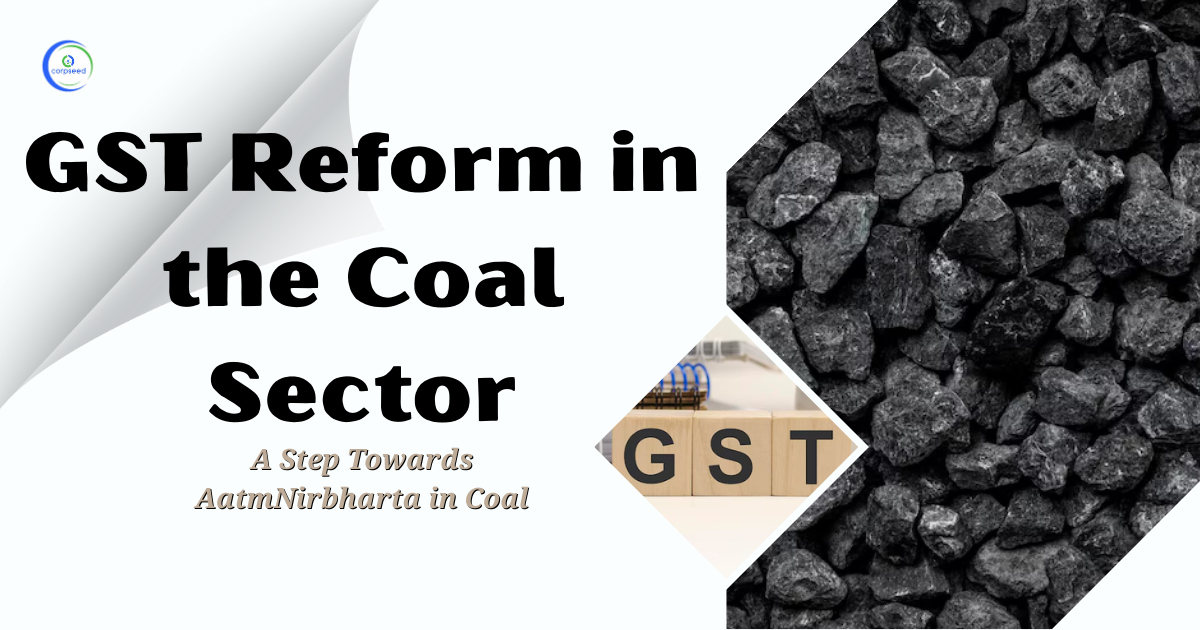Table of Contents
Key Decisions of the GST Council
Two major announcements were made in the meeting:
- Removal of GST Compensation Cess: The rupees 400 per tonne cess on coal has been abolished.
- Increase in GST Rate on Coal: The GST rate on coal has been revised from 5% to 18%.
This combination ensures a fair tax structure and addresses long-standing issues faced by the coal industry.
Impact on Coal Pricing and Power Sector
The GST reform in the coal sector has lowered the overall tax burden. Coal grades G6 to G17 now show price reductions between 13.40 rupees and 329.61 rupees per tonne. For the power sector, the average drop is around 260 rupees per tonne, which translates into a decrease of 17–18 paise per kWh in electricity generation cost.
The rationalisation of taxes across coal grades removes the earlier imbalance where low-quality coal faced a higher tax incidence than high-quality coal. Now, all grades are aligned to a uniform 39.81% tax rate. This change ensures fair pricing, benefiting both suppliers and consumers.
Boost to Aatmanirbhar Bharat and Import Substitution
The GST reform in the coal sector is also a strong push towards import substitution. Earlier, the flat cess made imported high-grade coal cheaper than Indian low-grade coal. This created an uneven competition that hurt domestic producers. With the cess removed, the playing field is balanced, making Indian coal more competitive.
This move reduces dependence on imported coal, strengthens local production, and directly contributes to the vision of Aatmanirbhar Bharat.
Correction of Inverted Duty Structure
Another important outcome is the correction of the inverted duty anomaly. Earlier, coal was taxed at 5% while input services for coal companies were taxed at 18%. This led to an accumulation of unutilized tax credits worth thousands of crores. Since refunds were not allowed, this blocked significant liquidity for companies.
Now, with GST on coal also raised to 18%, coal producers can fully utilise their input tax credit. This release of blocked funds improves financial stability and ensures smoother operations for coal companies.
A Balanced Reform for Growth
The overall impact of the reform is highly positive. Despite an increase in GST rate from 5% to 18%, the removal of the cess results in a net reduction of tax incidence for consumers. At the same time, coal companies gain financial relief, and the power sector benefits from reduced costs.
The GST reform in the coal sector eliminates distortions, supports Indian producers, benefits consumers, and strengthens the goal of self-reliance in coal. This balanced approach is expected to enhance India's energy security and reduce its dependence on imports, marking a significant milestone in the journey towards Aatmanirbhar Bharat.
This portion of the site is for informational purposes only. The content is not legal advice. The statements and opinions are the expression of author, not corpseed, and have not been evaluated by corpseed for accuracy, completeness, or changes in the law.

